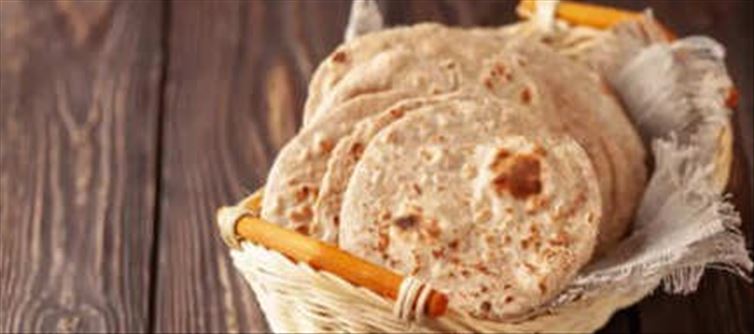
Potential benefits of not eating chapatis
Experts say there may be some short-term health advantages to cutting down chapatis or other meals high in carbohydrates. Your bloating may have decreased throughout the first month, resulting in a slimmer face that makes you feel lighter and more energized. Severe carbohydrate restriction may induce ketosis, a state in which your body converts fat into ketones for energy. Among the many adverse symptoms of ketosis include weakness, headaches, exhaustion, and foul breath. Additionally, cutting down on carbohydrates will help you lose weight if you are a heavy consumer of roti at all meals.
However, experts believe that is first largely waterweight. It mostly occurs because eliminating carbohydrates causes your muscles' glycogen reserves, which aid in water retention, to be destroyed. Along with the carbohydrates you take out, you could also lose some salt, and the water weight will quickly return when you resume eating rotis.
Long-term effects of not eating rotis
Your body will start breaking down protein to obtain energy if you don't consume rotis or other carbohydrates for an extended period of time since you aren't getting enough external carbohydrate sources. This will cause you to lose muscle rather than fat. Eventually, it slows down metabolism, which makes it harder to lose weight and results in the dreaded "weight plateau." Additionally, because roti will reduce your intake of fiber, you may have a number of digestive problems, including constipation, gas buildup in your digestive tract, and frequent stomachaches.




 click and follow Indiaherald WhatsApp channel
click and follow Indiaherald WhatsApp channel